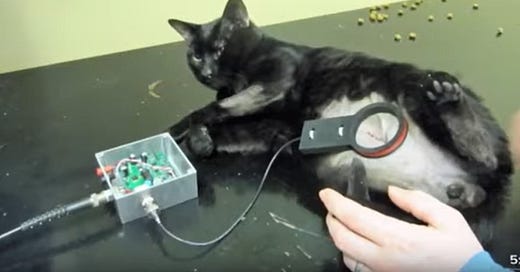Animal Testing Labs in China Are STILL Receiving US Tax Dollars
The state’s long track record of horrifying scientific experiments shows it lacks both the conscience and incentives necessary to conduct experiments on animals ethically and safely.
In May, the U.S. National Institutes of Health (NIH) did something extraordinary. The agency quietly scrubbed the Wuhan Institute of Virology from its list of pre-approved labs that can receive U.S. tax dollars to conduct animal testing.
The Wuhan lab is, of course, noteworthy because an abundance of evidence suggests it’s likely the source of SARS-CoV-2.
That the Wuhan lab was receiving millions of dollars from the NIH to conduct risky research on coronaviruses helps explain why the U.S. government worked so hard to convince people that COVID-19 was of natural origin. It also explains why NIH would erase the Wuhan lab from its list of labs that can receive funding—without even issuing a press release.
Unfortunately, the NIH’s damage control isn’t just too late. It’s also far too little.
White Coat Waste Project—the organization that exposed that the NIH was funding the gain-of-function research of the Chinese lab researcher reportedly believed to be “patient zero”—recently noted that dozens of other Chinese laboratories that conduct animal testing remain eligible to receive U.S. tax dollars.
"Shipping taxpayer dollars to animal testing labs run by our foreign adversaries is a recipe for disaster,” White Coat Waste Project senior vice president Justin Goodman said in a statement. “Over 70 percent of taxpayers—Republicans and Democrats alike—oppose this reckless spending."
There’s a reason Americans overwhelmingly oppose taxpayer funding for animal testing. The practice is ethically questionable and often gruesome.
In 2021, CBS reported on a U.S. Department of Veterans Affairs program that funded experiments on healthy cats, including a procedure called a “head implant” that involved researchers “drilling holes” into the skulls of cats “to test for sleep patterns.”




